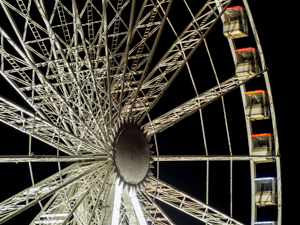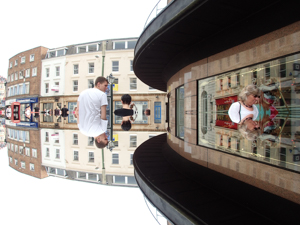 (Another salVo in the ongoing battle over jIvanmukti, j~nAna phalam, pratibhandaka-s and prArabdha – see Knowledge, Action and Liberation and Knowledge, Action and Liberation – AV)
(Another salVo in the ongoing battle over jIvanmukti, j~nAna phalam, pratibhandaka-s and prArabdha – see Knowledge, Action and Liberation and Knowledge, Action and Liberation – AV)
The following is an extract from Chapter 7 of Vidyaranya’s Panchadashi:
indra-jAlam idaM dvaitam achintya-rachanAtvataH
ityavismarato hAniH kA vA prArabdha-bhogataH
[7:174] Never forgetting that the world is unreal and its cause unascertainable, the wise man stands secure from harm in the midst of the enjoyment of his fructifying karma.
nirbandhas tattva-vidyAyA indra-jAlatva-saMsmRRitau
prArabdhasyAgraho bhoge jIvasya sukha-duHkhayoh
[7:175] The function of knowledge of the real is to promote (constant) remembrance of the fact that’ world is unreal; that of the fructifying karma is merely to provide the jIva with experience of pleasure and pain.
vidya-rabdhe viruddhyete na bhinna-viShayatvataH
jAnadbhir apyaindra-jAla-vinodo dRRishyate khalu
[7:176] The knowledge of the spiritual truth and the fructification of prArabdha karma refer to different objects and are not opposed to one another. The sight of a magical performance gives amusement to a spectator in spite of his knowledge of its unreality. Continue reading

